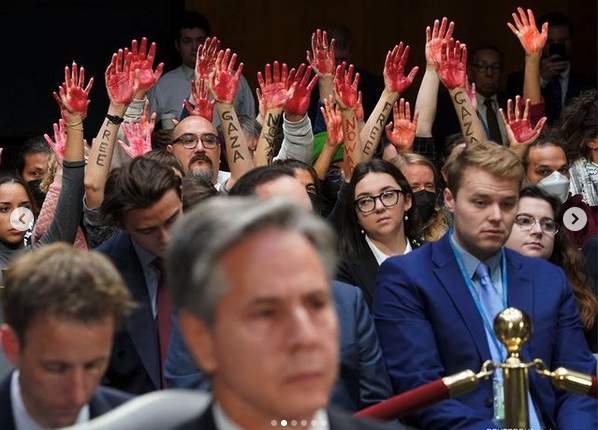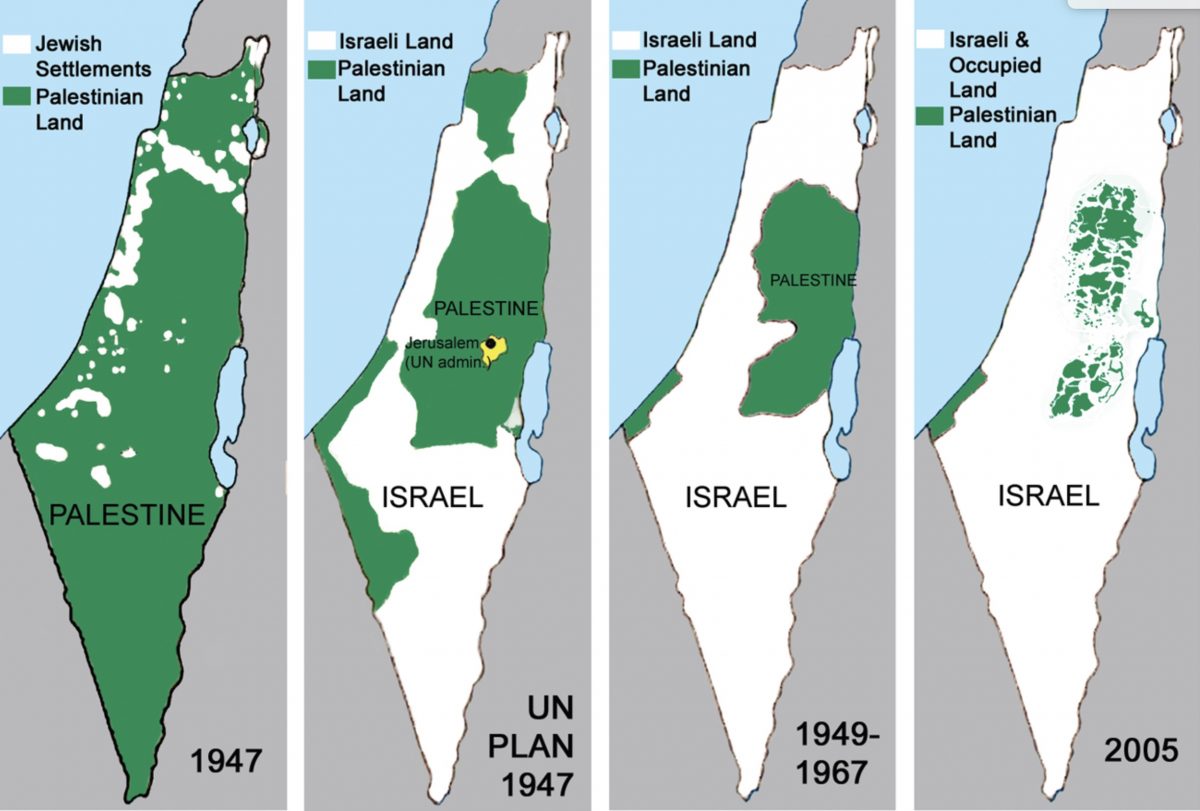The United States. Must step aside. From Arab-Israeli ‘peacemaking’. It is that simple.
For 50 years now, Washington has dominated all the efforts that the world’s nations have undertaken in their search for a just and lasting resolution to the many strands of the Israeli-Arab conflict. That U.S. move to dominate the peace diplomacy was launched in late 1973 by Henry Kissinger, who uniquely combined the roles of Secretary of State and National Security Advisor. In the aftermath of the October 1973 war, Kissinger brusquely elbowed aside the Soviet Union, which had hoped to “co-lead” the post-war diplomacy.
From December 1973 until today, the United States has dominated all Arab-Israeli diplomacy, with the level of that U.S. domination rising to a situation of unabashed hegemony after the 1991 collapse of the Soviet Union. And as I’ve written elsewhere, in 2005 Pres. George W. Bush even managed to subordinate the United Nations (and the EU, and a then-very-weak Russia) to Washington’s “leadership” of the diplomacy through an extraordinary arrangement called the “Middle East Quad.”
The results, for citizens of all the Arab states with the possible, partial exception of Egypt, have been disastrous. But the impact on the Palestinians has been particularly dire. They have seen Israeli settlers grabbing huge new areas of Palestinian land in the West Bank. They have seen the lives of all the Palestinians still resident in their historic homeland tightly constrained by Israel. They’ve seen Israeli forces and their allies commit unspeakable atrocities in the Palestinian refugee camps in Lebanon. They’ve seen their freedom to worship in their holy places in Jerusalem, Hebron, and elsewhere attacked.
And what has Washington done? Washington has continued to shovel massive sums of money and soaring mountains of arms into Israel. It has protected Israel from any international accountability by using its veto at the U.N. Security Council. It has given formal recognition to Israel’s (quite illegal) annexation of Greater East Jerusalem and of Syria’s Golan. It has demonized all who tried to resist Israel’s continued violence and encroachments by calling them terrorists and wielding tough sanctions against them.
And now, in Gaza City and the surrounding Gaza Strip—and also in the West Bank—we see the culmination of all that fervent, intensely one-sided support that successive U.S. presidents and their officials, and the U.S. Congress, have lavished on Israel over the past 50 years.
Continue reading “The United States. Must step aside. From Arab-Israeli ‘peacemaking’.”

